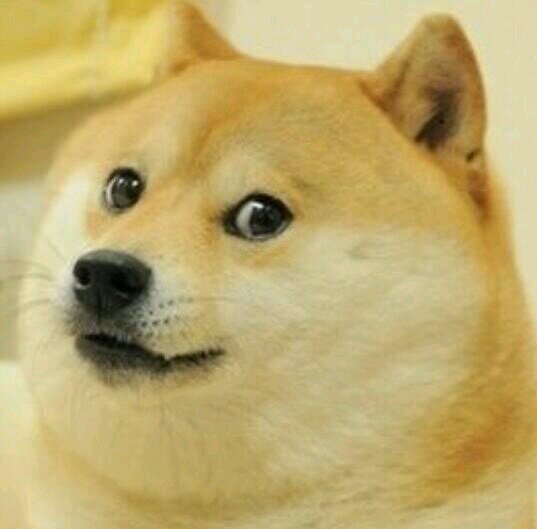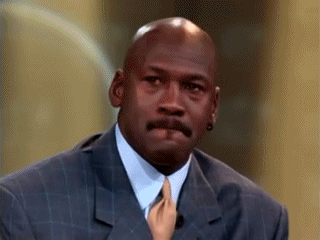@Malchivo, I like it. The premise is good. A cold, calculating tactician and strategist. Seeking continual self improvement (sounds exactly like Toun).
If you are thinking about Ilunabaric elements, remember that Ilunabar makes stories. You don't have to explicitly reflect her character, so long as whatever your character ends up doing will make for a good story (not necessarily good for Thacel, but a good story nonetheless).
(P.S. See Conata. The various elements of her character and circumstances have made for a good story. In my head-cannon, if it were entirely up to Teknall, then he would have set things up to be less difficult for her; maybe design her in goblin form, or something else less alien to the Rovaick. But that wouldn't have made for a good story, so (again, in my retroactive head-cannon and not (yet) approved by Capy) Ilunabar would have designed Conata to have those opportunities for personal conflict and struggle.)
I comment that Thacel encompasses a different aspect of war to Kyre. Kyre focused on the more strength-like components, with the Portfolio of Combat (and he aimed to get Armaments as well, although now that he's gone I'll see if I can get Teknall to nab it, given all the Might he's spent on various armaments), while Thacel focuses on the planning and mental aspects. But there are similarities too, such as not being blood-thirsty war-gods, and aiming to improve the skills of mortal armies.
As for Alignment, if anything, I'd say Thacel tends towards Lawful Neutral. He most definitely is not Chaotic. Alignment is an interesting one, though. More on that later.
Also, did you know that we have a wiki?
Alignment. I've been thinking a bit about it.
The classic alignment axes are Good vs Evil and Law vs Chaos.
Around the start of this RP, it was commented by some (notably Vulamera) about the arbitrariness and limitations of that system.
Also around the start of this RP, we observed that a very clear line was drawn between Order and Chaos. Good and Evil were largely ignored, mainly because in such a fresh World there was no fixed moral code to properly define Good and Evil. But Order and Chaos were very distinct and also at odds since before the creation of the Universe. (In this scenario, Law is equivalent to Order)
As the RP progressed, Good and Evil started to become more apparent, but there was still plenty of grey area, and the main conflict still existed between Order and Chaos.
However, I have observed the emergence of a third, independent axis; how our characters relate to mortals (call it Divine vs Mortal for now, although I'm sure a better name can be devised). This axis is especially important in a god roleplay like Divinus. Someone on the Divine end of the spectrum is aloof or cavalier, caring little for the fate or concerns of the mortals beneath them. Someone on the Mortal end is deeply concerned with mortal affairs.
A notable clash of Mortal vs Divine I remember is the encounter between Logos and Teknall. Despite both being on the side of Order, they found their positions irreconcilable due to opposing opinions on mortals.
It was commented a while back in the OOC about what gods wore clothes and what gods didn't. Dawnscroll made the observation that clothes are very much a mortal thing, with those dealing solely in the divine not needing clothes. As such, we can observe a loose correlation between whether or not a god wears clothes and where they fit on the Mortal vs Divine axis. Of course, there are some exceptions (Toun is always described as wearing a porcelain robe (which is technically part of his body, but let's ignore that), but the symbology there better fits the covering of flaws than any relation to mortals), but it tends to be true.
And while I have asserted that the Divine vs Mortal axis is independent, there are correlations. Characters described as Good tend to fit in Mortal, while characters described as Evil tend to fit in Divine. This wouldn't be a huge coincidence, as Good in general means you help others while Evil means you are self-serving with no care for others. In this case, Mortal vs Divine would be best for separating out feelings towards mortals from feelings towards other gods. Toun's current alignment is described as Lawful Evil. But towards the other gods, he has deep (albeit hidden) feelings of compassion. One might tentatively reclassify Toun as Lawful Divine Good. His intentions are Good, but lesser beings (i.e. mortals) are beneath his compassion. (The classification is not perfect, of course, but you can't really hope to fully encapsulate the morality of a complex entity in two or three words.)
The Mortal vs Divine distinction is also quite useful for distinguishing the different shades of Neutral, and we have a lot of Neutral characters. These Neutral characters tend fall into that category either because they are indifferent (thus, fits in Divine) or because their interactions with mortals are on average neither good or bad (for those who fit in Mortal).
tl;dr, I have observed the existence of a third alignment axis: Mortal vs Divine.





